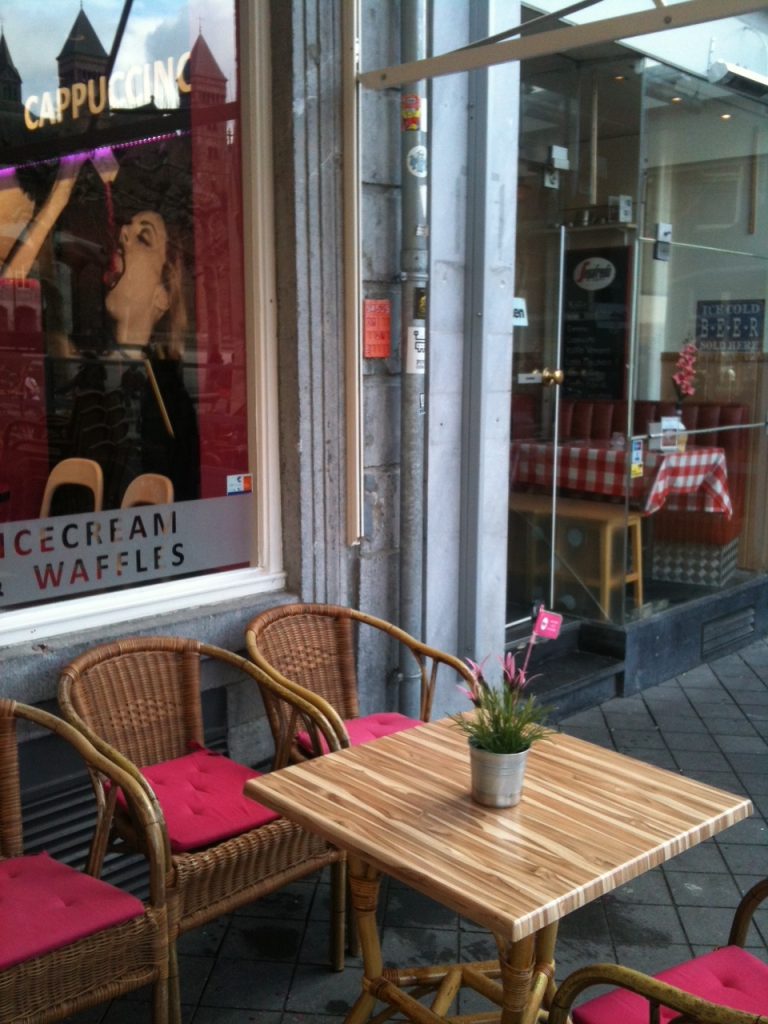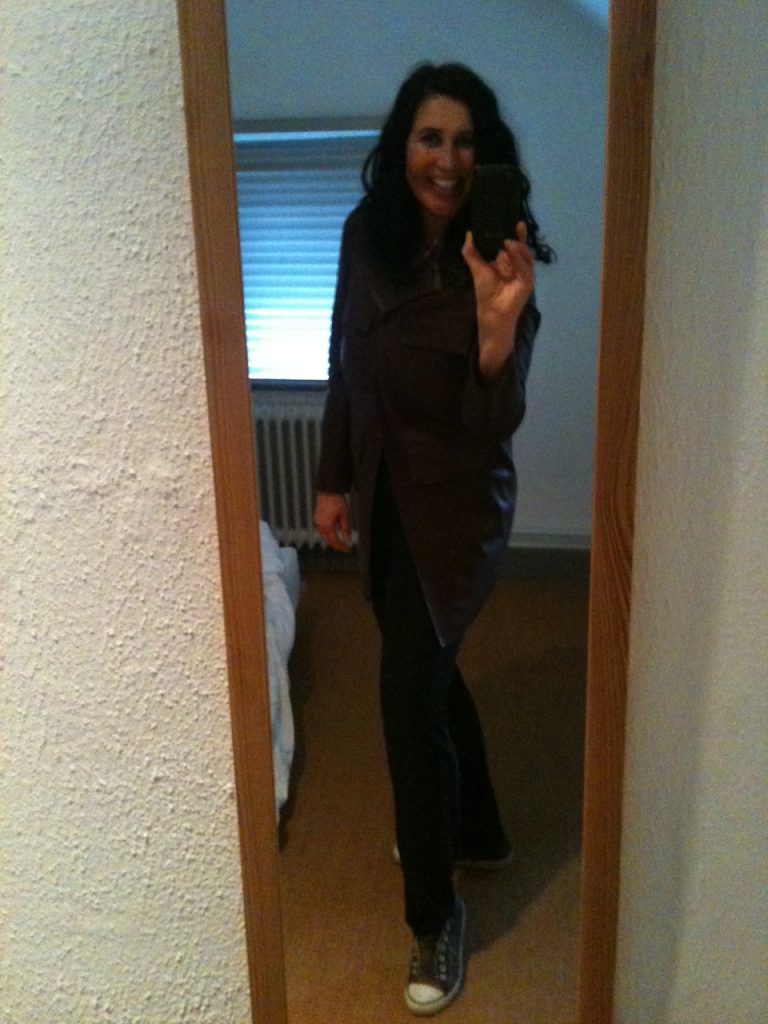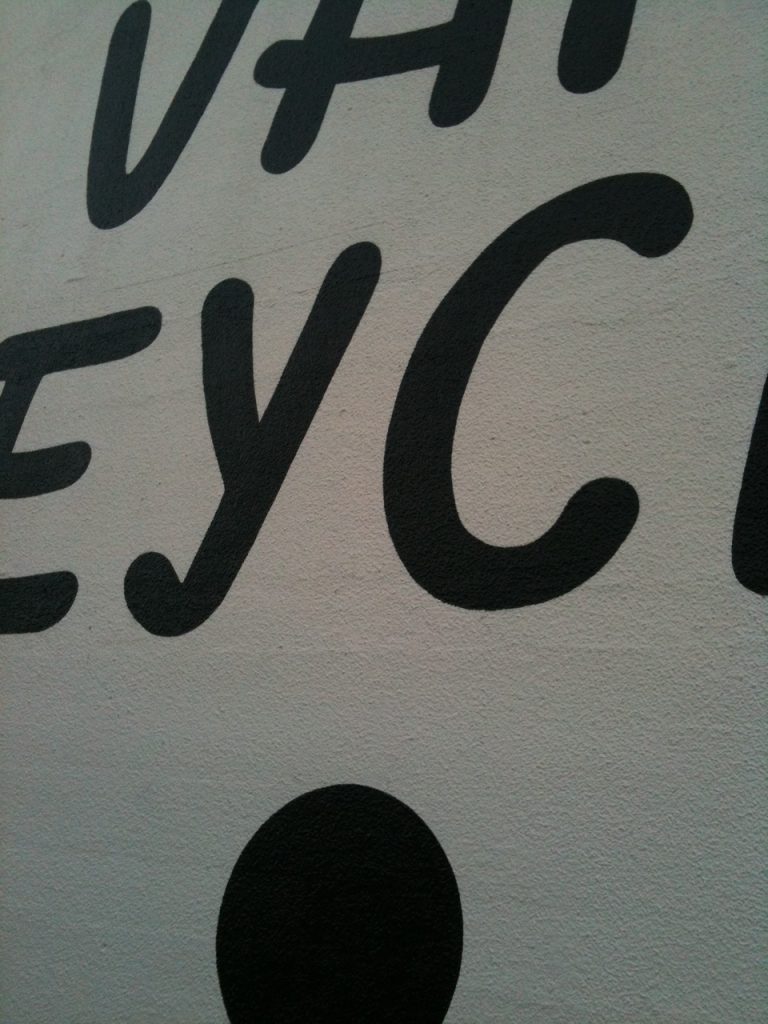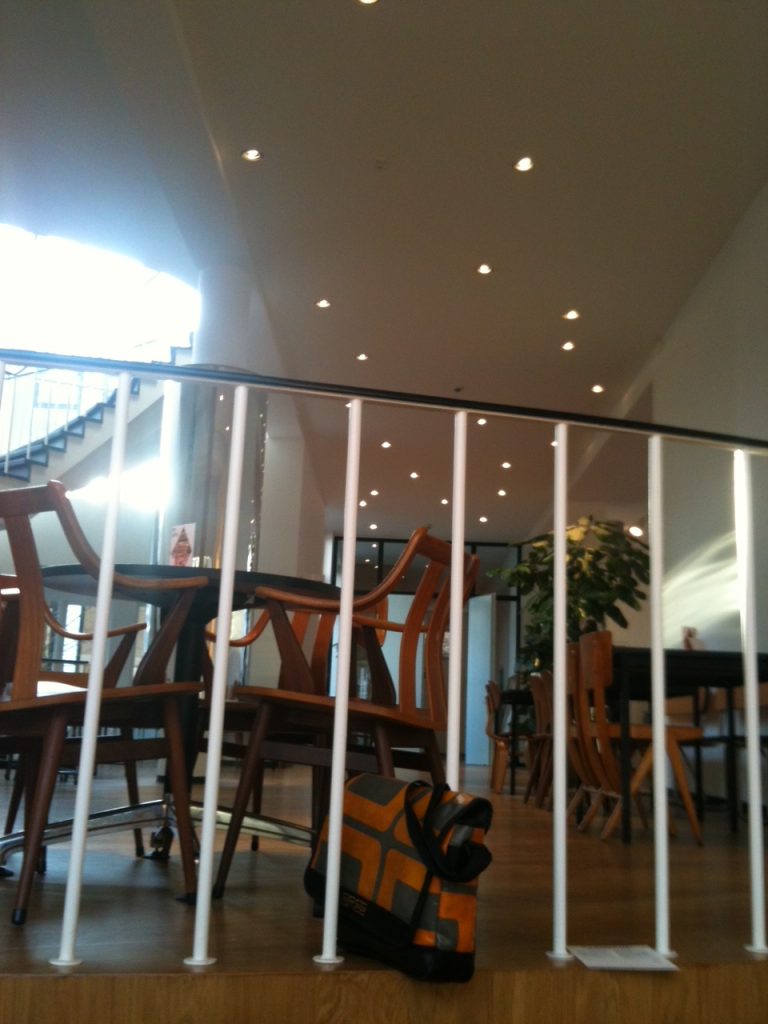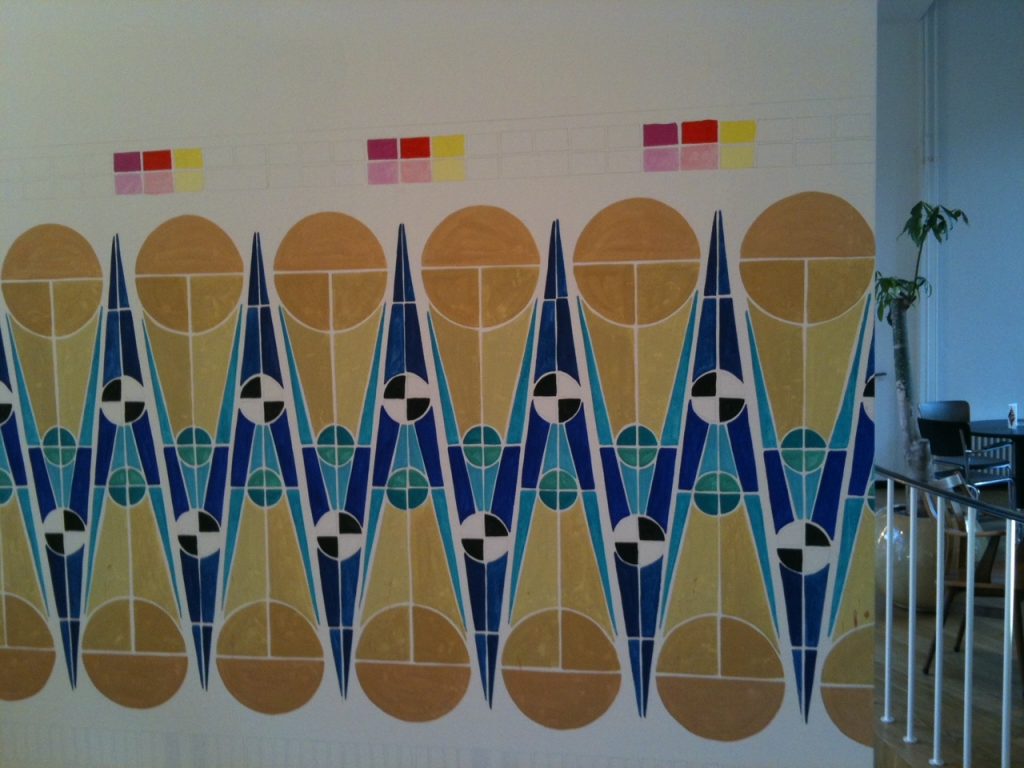Back in February 2015, laStaempfli was invited to contribute to the Foreign Bodies residency at the Van Eyck Academy – a space where philosophy, design, and global health policy came together. It was a unique moment: artists, researchers, and thinkers gathering to ask how public health policies are shaped, whose voices matter, and how bodies – especially women’s bodies – are coded as capital, charity, or “problem.” As political philosopher and lecturer, Regula Staempfli brought her work on democratic theory, bioethics, and media codes into dialogue with PhD candidates in public health. We spoke about design as political communication, about the optics of global health, and about the way women and children are endlessly instrumentalized in policy language. laStaempfli argued then – and I stand by it today – that “we don’t see things how they are, we see them how we are.”
The event was part lecture, part conversation, and very much in the spirit of laStaempflis ongoing practice: to connect theory with lived reality, to question the codes behind our institutions, and to insist that democracy depends on who counts and who is counted.
Below you find the original event text from Foreign Bodies, Van Eyck Academy (2015)
On Friday 27 of February Foreign Bodies welcomes Dr. Regula Staempfli.
Dr. Regula Staempfli (BE) works as a political philosopher and lecturer in Germany, France and Switzerland (Design2Context, MAZ, Fachhochschule Nordwestschweiz, SIPB, Institute for European IEW, Frauenseminar Bodensee, EHESS Paris etc.) teaching in German, English and French. She is the author of many textbooks and various scientific articles dealing, among other issues, with democratic theory, European political decision making, women’s history, design, political communications and political philosophy. She has written extensively about bioethics and policies – working along the idea of people becoming living coins (f.e.: women don’t have capital but are in fact capital). And in art: We don’t see things how they are, we see them how we are.
Regula Staempfli will act as research advisor to the resident and participants in a conversation grounded in a dialogue started via email over the month. We will delve into questions of the optics of public health policy, whose voices are included in collaboration, and the implications of charity’s emphasis on ‘women and children.’Staempfli will offer a short presentation on her practice and current projects.
For more information visit: http://foreign-bodies.com/ see https://www.janvaneyck.nl/calendar/foreign-bodies

